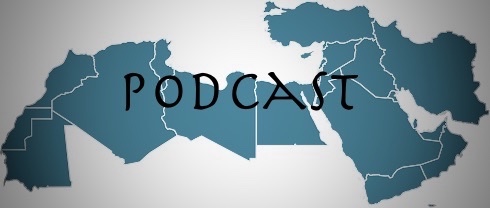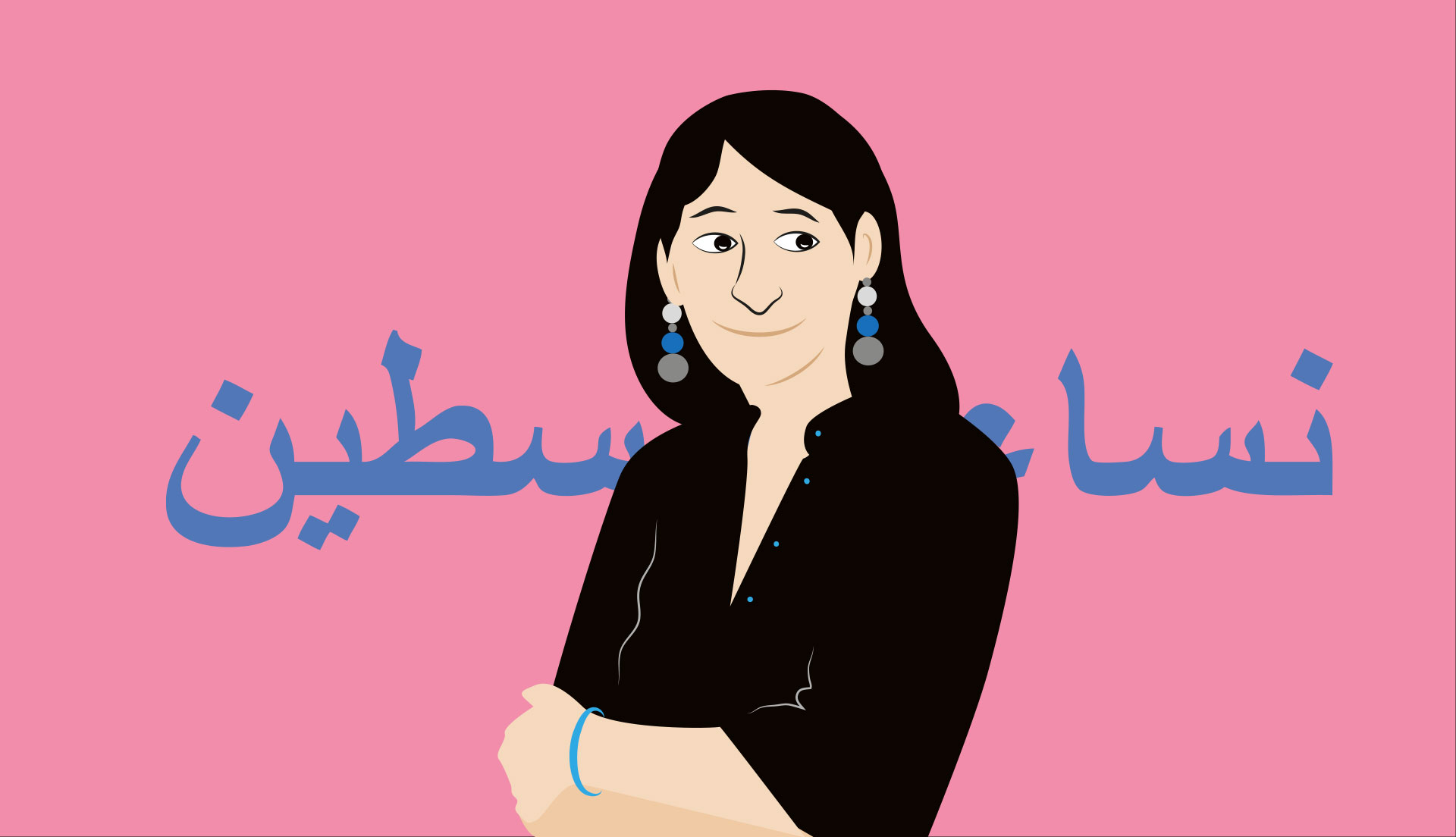Four years ago, the Egyptian police were at the height of their power, manifested in teargas bombs, weapons, and an iron grip. Then they were overpowered by the people in less than 72 hours. Despite promises to restructure the police apparatus, the violent security policies against demonstrations have not change
by Ahmad Jamaleddine
Cairo, January 28, 2015 — “The police are at the regime’s service.” This aphorism sums up the position of the Egyptian police over the past four years, during which it has defended successive regimes, rather than the people. Police officials have called for the use of the harshest methods to break up demonstrations, even against peaceful ones.
A formidable Egyptian opposition began to take shape in 2004 with the “National Front for Change” (Kefaya), which demanded that former dictator Hosni Mubarak not run for a second term in the 2005 presidential elections. During this period, the police apparatus was at the height of its power, due in particular to the significant decline of armed operations by jihadi groups.
Police mobilization and armament increased over the years. During the uprising of January 25, 2011, the police apparatus proved to be the strongest arm of the state, and not only due to the influence and control of former Interior Minister Habib al-Adli. The police imposed their power by brute force, arrested and detained dissidents, and fabricated charges against them. This culture collapsed within 72 hours of the launch of the uprising in Egypt.
The police imposed their power by brute force, arrested and detained dissidents, and fabricated charges against them. During that period, officers and soldiers are said to have escaped, some took off their uniforms, and others left their homes out of fear of reprisal for their crimes. For over two months, Egypt’s streets were without police until they reluctantly resumed work alongside the military forces, which imposed order in the provinces.
Five ministers have headed the Interior Ministry since the collapse of the police apparatus — under the Supreme Council of the Armed Forces (SCAF), Mohammed Mursi, Adly Mansour, and Abdel Fattah al-Sisi. However, the degree to which the police apparatus was actually restructured remains vague, despite promises to rehaul the security mentality and manner of dealing with citizens. Throughout these events and successive regimes, the police has opted to support the regime, with one notable exception: The police did not help the Muslim Brotherhood due to the alleged harassment the policemen supposedly suffered at the hands of former prisoners who dominated the political scene during the Brotherhood’s rule.
The police adhere to double standards in their approach to demonstrations. They protect and support defenders of the regime, but forcefully disperse the opposition, although the law banning demonstrations applies to both parties.
The restructuring of the “Interior Ministry,” undertaken by the five ministers, only resulted in the dismissal of most of the ministry’s senior staff, who were notorious for corruption and abuse of power. However, early promotions and the admission of new recruits to the Police College — whose number almost doubled since 2011 — did not improve the situation, especially since the police apparatus remained under the control of an old official who operated under Habib al-Adli — former Interior Ministry spokesman Major-General Hany Abdel Latif.
Interior Minister Mohammed Ibrahim’s promise to devise a restructuring plan during the Kamal Ganzouri cabinet vanished when Mohammed Morsi became president. The post of Interior Minister Secretary for Human Rights was created later, but remained only a symbolic gesture to please the public and opponents of the ministry’s policies. The new post, which was created more than 18 months ago, did not lead to any serious reforms.
The events that accompanied the fourth anniversary of the revolution — between Saturday and Monday — indicate the absence of a clear or serious vision by the ministry, or the intention to change its policy toward demonstrations. The government has made repeated statements claiming that the search is ongoing for the killer of Shaima Sabbagh, a member of the Socialist People’s Alliance Party (SPAP), who was killed by a shotgun shell to the head. The ministry’s apology — in the event of the conviction of the soldier who shot Sabbagh — will only come in response to the pressures of the revolutionary forces. A case in point is the police’s recent detention of 23 people on charge of homosexuality, who were being subjected to the worst kinds of torture and humiliation. They were declared innocent, but the ministry did apologize.
As for current Minister Mohammed Ibrahim — who has remained in office since Mursi’s term — his statements are subject to the reaction of the street, especially in light of the recurrent demands for his dismissal. All the crimes committed by the police have gone without political or legal accountability, thus increasing the excessive force in dealing with protesters, even without formal directives from the authorities.
For his part, Major General Mohammed Nur al-Din, former assistant interior minister, denied to Al-Akhbar the Interior Ministry’s use of excessive force, referring to “planted Muslim Brotherhood elements” and the killing of scores of officers and soldiers as justifications.
Nur al-Din added, “Arming the police forces in demonstrations is consistent with a law that specifies the kinds of weapons to be used, and this information is registered in the [personnel’s] official records before deployment… the police doctrine is committed to the defense of the people. We have restored security, and prevented theft and armed robbery.” Nena News





























